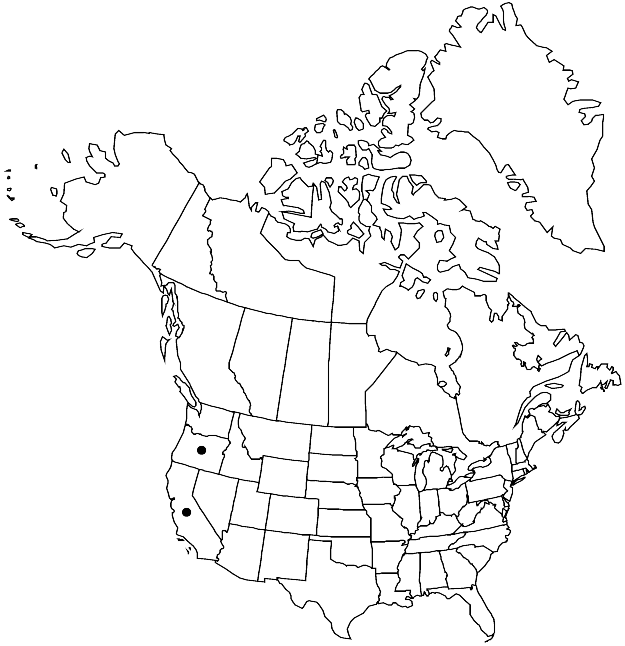familyLimnanthaceae
genusLimnanthes
sectionLimnanthes sect. Inflexae
speciesLimnanthes alba
subspeciesLimnanthes alba subsp. alba
Difference between revisions of "Limnanthes alba subsp. alba"
imported>Volume Importer |
imported>Volume Importer |
||
| Line 42: | Line 42: | ||
|publication year= | |publication year= | ||
|special status= | |special status= | ||
| − | |source xml=https:// | + | |source xml=https://bitbucket.org/aafc-mbb/fna-data-curation/src/2e0870ddd59836b60bcf96646a41e87ea5a5943a/coarse_grained_fna_xml/V7/V7_223.xml |
|genus=Limnanthes | |genus=Limnanthes | ||
|section=Limnanthes sect. Inflexae | |section=Limnanthes sect. Inflexae | ||
Latest revision as of 23:32, 5 November 2020
Herbage sparsely to densely hairy. Leaflets: blade oblong to lanceolate. Flowers: sepals not accrescent, ovate, 6–8 mm, densely hairy; petals white, aging or drying pink, broadly obovate-cuneate, 10.5–16 mm, 1.2–1.5 times as long as wide (apex truncate or slightly emarginate, with very broad notch), sparsely hairy; filaments 4–6 mm; anthers cream, ± 2 mm; style 5–6 mm. Nutlets ca. 4 mm, smooth or ridged (ridges relatively wide).
Phenology: Flowering Mar–May.
Habitat: Winter-wet grasslands, woodlands
Elevation: 0-1400 m
Discussion
Subspecies alba occurs on the east side of the Sacramento Valley and in the foothills of the Sierra Nevada. It has escaped from cultivation in the Willamette Valley of western Oregon on roadsides.
Selected References
None.
Lower Taxa
None.
